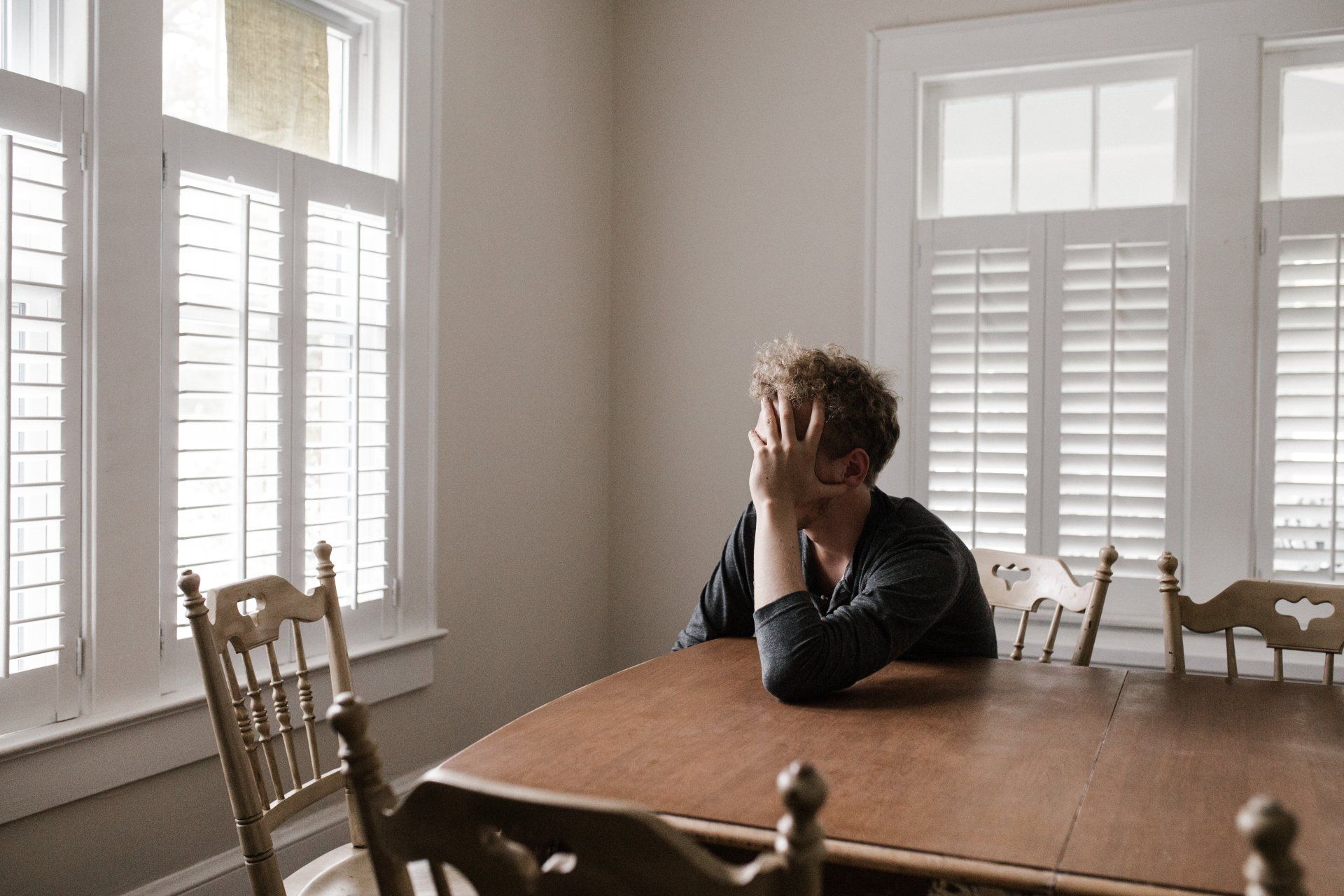Male Suicide
The Silent Emergency
Some years ago, I was working with a Charity. One of the men who used our services was reported missing. You just want to think that he just walked away. That he got on a bus to somewhere else. That he went and stayed with a friend for a few days. But in our hearts, we knew that was not the case. It took what felt like ages to find his body. In the local river. He was known to us and the local mental health services. You just ask why the signs were not there but in fact they were. Many people talk about wanting to kill themselves, this is not a strange and rare thing. But it is hard to know or predict who will or when they will follow up on what they are planning. There are certain things that is more likely to lead someone to suicide.
Want to know more then look at this site
Who is most at risk of suicide? - Office for National Statistics (ons.gov.uk)
Here is the shocking statistic from that site. To quote
''Since around 1990, men have been at least three times as vulnerable to death from suicide as women. Research by Samaritans suggests that this greater risk is due to a complex set of reasons, including increased family breakdown leaving more men living alone; the decline of many traditionally male-dominated industries; and social expectations about masculinity:
"They have seen their jobs, relationships and identity blown apart. There is a large gap between the reality of life for such men and the masculine ideal."
It can be easy to think that people must be mentally ill to take their lives. Yes, problems like depression do increase the risk factors. This though can make us miss opportunities to intervene. Friends and families need to be supported in ways that will give them confidence to sometimes ask questions that they might be afraid will make things worse. This can be especially the case for young men.
Roman Kemp arrived on our screens with a strong message ‘Raw and brave’: Roman Kemp’s mental health documentary moves viewers to tears | The Independent
''Viewers praised Roman for his openness and bravery throughout the programme. Many also noted how important it was for opening the dialogue on suicide and Roman’s pledge to ask twice if someone is okay.''
It reminded me again how some years ago a small town near where I live was shocked when a young man with no history of mental health took his life. It was brought closer to home because all my kids knew them. Had gone to the same school and drunk in the same pub. If you have kids in their 20s and 30s there is a good chance within their circle of friends, they will know some young lad who has taken his life.
What can you do? This site has some good tips and what to look out for How to support someone with suicidal thoughts (rethink.org)
Trent PTS will always respond to a referral where the person says they have thoughts about suicide, attempted suicide or are planning to. We will arrange a very quick appointment or if needed have a senior clinician phone the person immediately. Once we have spoken with them, we will in most cases arrange the help with a trained therapist. All our staff have worked with people who have had or attempted suicide. If the person needs more help than we can provide we will make sure there is a referral to the right service.
If you are worried about someone, help them complete a referral form or get them to phone us and someone can take the information over the phone. Feeling suicidal is frequently a response to a very painful situation or sense of hopelessness. Therapy can help. We will listen.
Useful Contacts
Samaritans
The Samaritans give people confidential emotional support. In some areas they have local branches where you can go for support.
Telephone: 116 123 (UK) (24 hours)
Address: PO Box RSRB-KKBY-CYJK, P.O. Box 90 90, Stirling FK8 2SA
Email: jo@samaritans.org
Website: www.samaritans.org
Saneline
This is a national helpline. The offer emotional support and information for people affected by mental health problems.
Telephone: 0300 304 7000 (4.30pm – 10.30pm daily)
Textline: available through their website
Website: www.sane.org.uk
CALM (The Campaign Against Living Miserably)
They raise awareness of suicide. Their helpline and webchat offers emotional support, advice and information to men and their families.
Telephone for outside London: 0800 58 58 58.
Telephone for inside London: 0808 802 5858.5pm – midnight, everyday.
Webchat: through the website
Website: www.thecalmzone.net
PAPYRUS (prevention of young suicide)
This is an organisation that aims to prevent suicide in young people. It can offer emotional support to people under 35 who are suicidal. They can also support people who are concerned about a young person who might be suicidal.
Telephone: 0800 068 4141. Open Monday to Friday 9am – 10pm. Weekends 2pm – 10pm
Text: 07786 209697
Email: pat@papyrus-uk.org
Website: www.papyrus-uk.org
The Mix
Aimed at people under 25. Their helpline is open between 4pm and 11pm, 7 days a week. They also run a crisis text service which is open 24 hours a day, 7 days a week.
Telephone: 0808 808 4994
E-mail: through the website.
Crisis text message service: Text THEMIX to 85258
Webchat: through the website. (4pm - 11pm, 7 days a week)
Website: www.themix.org.uk
Shout
If you’re experiencing a personal crisis, are unable to cope and need support, text Shout to 85258. Shout can help with urgent issues such as suicidal thoughts, abuse or assault, self-harm, bullying and relationship challenges.
Text: Text Shout to 85258
Website: www.giveusashout.org/













